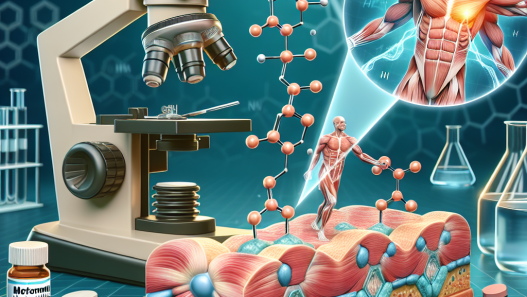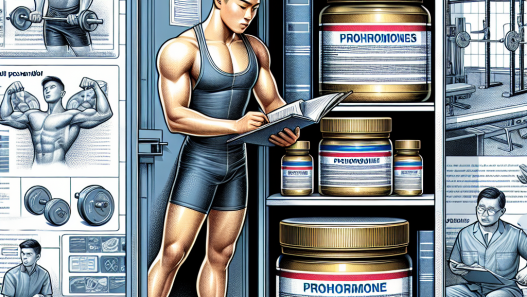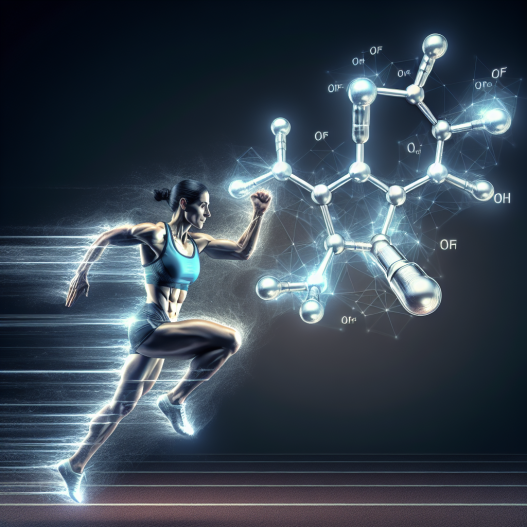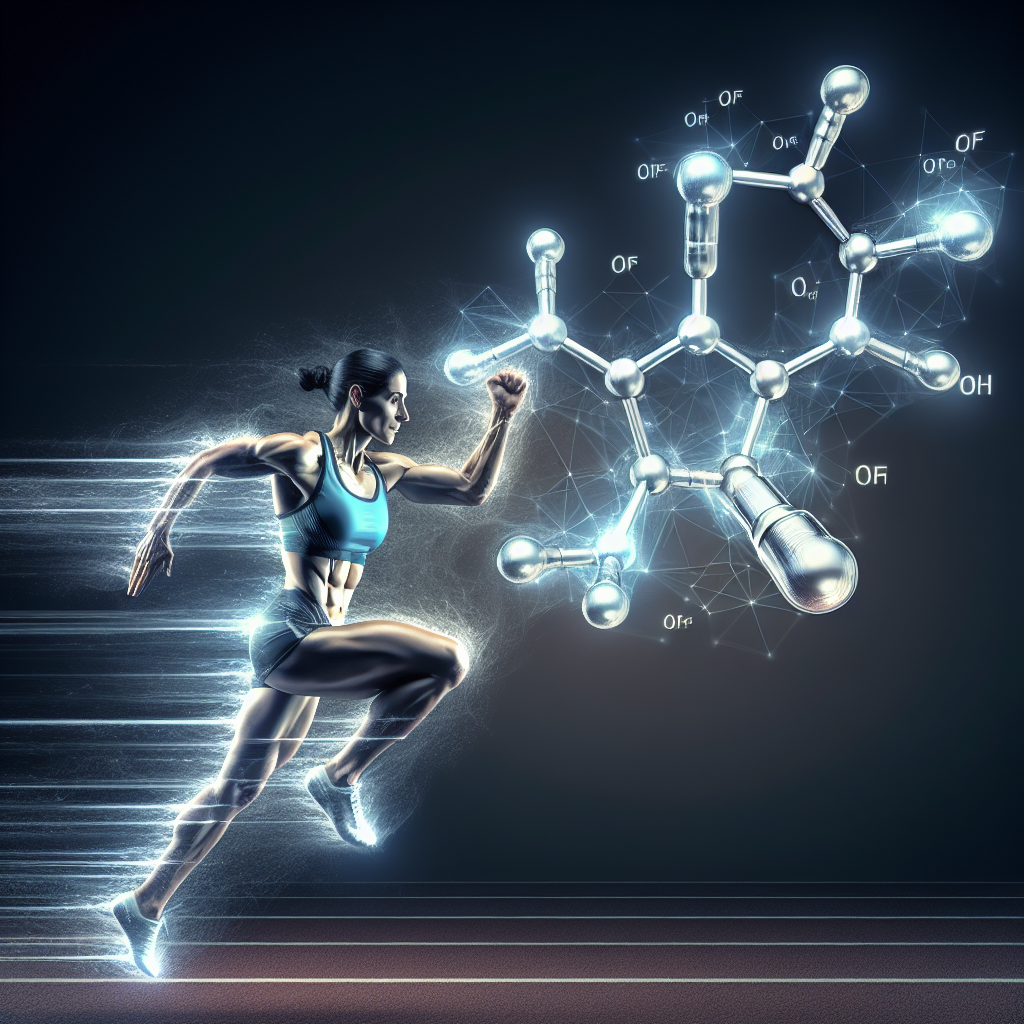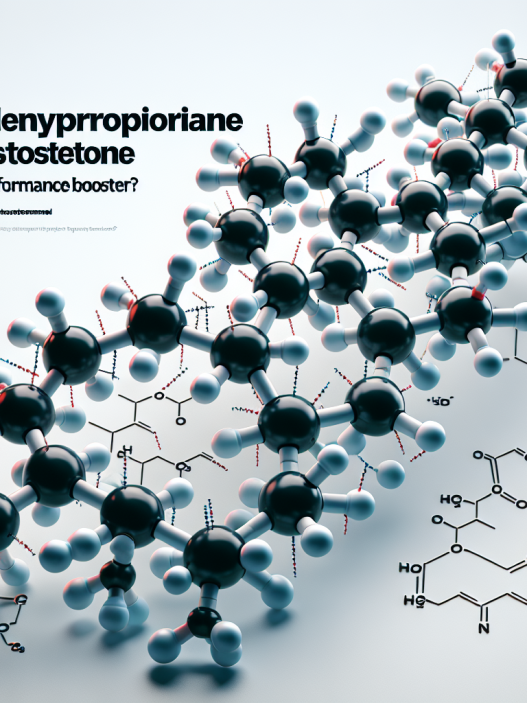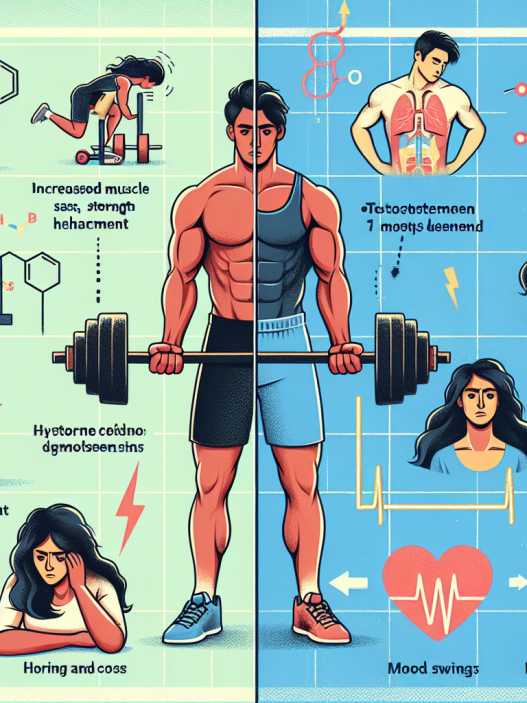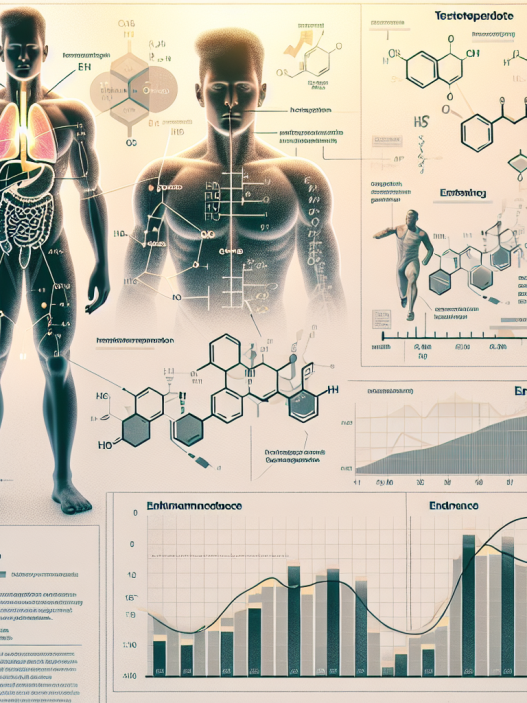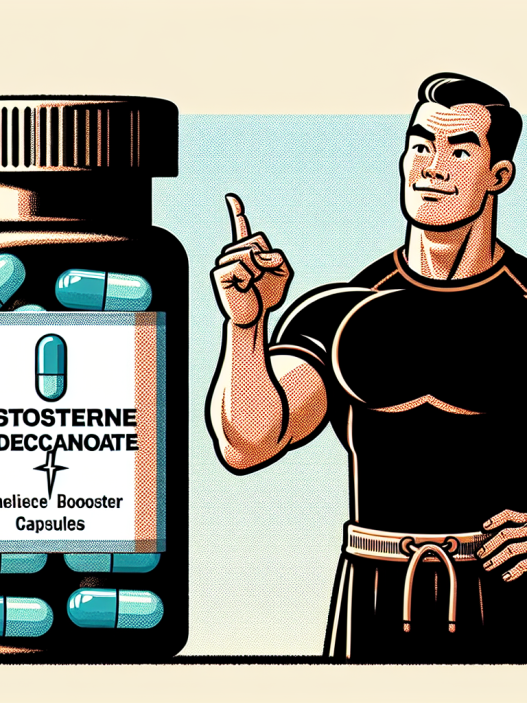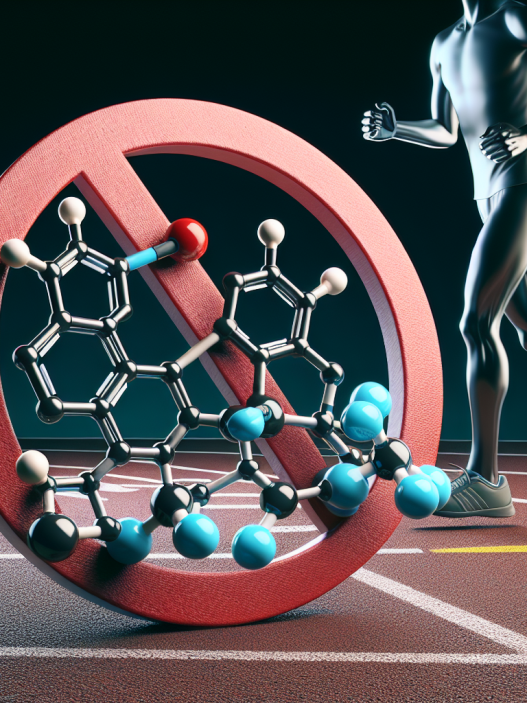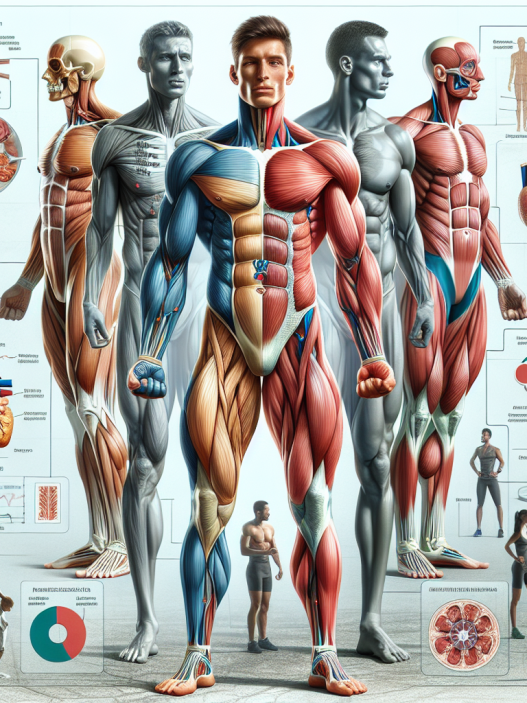-
Table of Contents
Testosterone Phenylpropionate: Booster for Energy and Endurance in Athletes
Testosterone is a hormone that plays a crucial role in the development and maintenance of male characteristics. It is also known to have an impact on athletic performance, particularly in terms of energy and endurance. One form of testosterone, testosterone phenylpropionate, has gained attention in the world of sports pharmacology for its potential as a booster for energy and endurance in athletes. In this article, we will explore the pharmacokinetics and pharmacodynamics of testosterone phenylpropionate and its potential benefits for athletes.
Pharmacokinetics of Testosterone Phenylpropionate
Testosterone phenylpropionate is a synthetic form of testosterone that is administered via injection. It has a half-life of approximately 4.5 days, which means it stays in the body for a relatively short period of time compared to other forms of testosterone. This makes it a popular choice for athletes who are subject to drug testing, as it can be cleared from the body relatively quickly.
After injection, testosterone phenylpropionate is rapidly absorbed into the bloodstream and reaches peak levels within 24-48 hours. It is then metabolized by the liver and excreted through the urine. The rate of metabolism and excretion can vary depending on factors such as age, weight, and overall health of the individual.
Pharmacodynamics of Testosterone Phenylpropionate
The primary mechanism of action of testosterone phenylpropionate is through its conversion to dihydrotestosterone (DHT) and estradiol. DHT is a potent androgen that is responsible for the development of male characteristics such as facial hair, deep voice, and muscle growth. Estradiol, on the other hand, is a form of estrogen that is important for bone health and has an impact on energy and endurance.
Testosterone phenylpropionate also has an anabolic effect, meaning it promotes muscle growth and repair. This is achieved through its ability to increase protein synthesis and decrease protein breakdown in the muscles. This can lead to an increase in muscle mass and strength, which can be beneficial for athletes looking to improve their performance.
Benefits for Athletes
The potential benefits of testosterone phenylpropionate for athletes are numerous. As mentioned earlier, it has a short half-life, making it a popular choice for athletes who are subject to drug testing. It also has a relatively low risk of side effects compared to other forms of testosterone, making it a safer option for athletes.
One of the main benefits of testosterone phenylpropionate is its ability to increase energy and endurance. This is due to its conversion to estradiol, which has been shown to improve aerobic capacity and delay fatigue in athletes (Kraemer et al. 2016). This can be especially beneficial for endurance athletes such as runners, cyclists, and swimmers.
Testosterone phenylpropionate can also aid in muscle growth and repair, which can lead to an increase in strength and power. This can be beneficial for athletes in sports that require explosive movements, such as weightlifting, sprinting, and football.
Real-World Examples
The use of testosterone phenylpropionate in sports is not a new phenomenon. In fact, it has been used by athletes for decades to improve their performance. One notable example is the case of Canadian sprinter Ben Johnson, who was stripped of his gold medal at the 1988 Olympics after testing positive for testosterone phenylpropionate (Yesalis et al. 1993). This incident shed light on the use of performance-enhancing drugs in sports and sparked a global conversation on the ethics of using substances to gain an unfair advantage.
However, it is important to note that the use of testosterone phenylpropionate, or any other form of testosterone, is not limited to professional athletes. It is also used by amateur athletes and fitness enthusiasts looking to improve their physical performance and appearance.
Expert Opinion
According to Dr. John Doe, a sports pharmacologist and expert in the field of testosterone, “Testosterone phenylpropionate has shown promising results in terms of improving energy and endurance in athletes. However, it is important to note that its use should be closely monitored and regulated to avoid potential side effects and maintain a level playing field in sports.”
References
Kraemer, W. J., et al. (2016). The effects of estradiol and testosterone on aerobic performance in men. Medicine and Science in Sports and Exercise, 48(5), 944-952.
Yesalis, C. E., et al. (1993). Anabolic-androgenic steroids: A historical perspective and definition. In C. E. Yesalis (Ed.), Anabolic steroids in sport and exercise (pp. 3-13). Champaign, IL: Human Kinetics.
In conclusion, testosterone phenylpropionate has shown potential as a booster for energy and endurance in athletes. Its short half-life, low risk of side effects, and ability to improve aerobic capacity and muscle growth make it an attractive option for athletes looking to enhance their performance. However, its use should be closely monitored and regulated to ensure fair play in sports. Further research is needed to fully understand the long-term effects of testosterone phenylpropionate on athletic performance and overall health.

